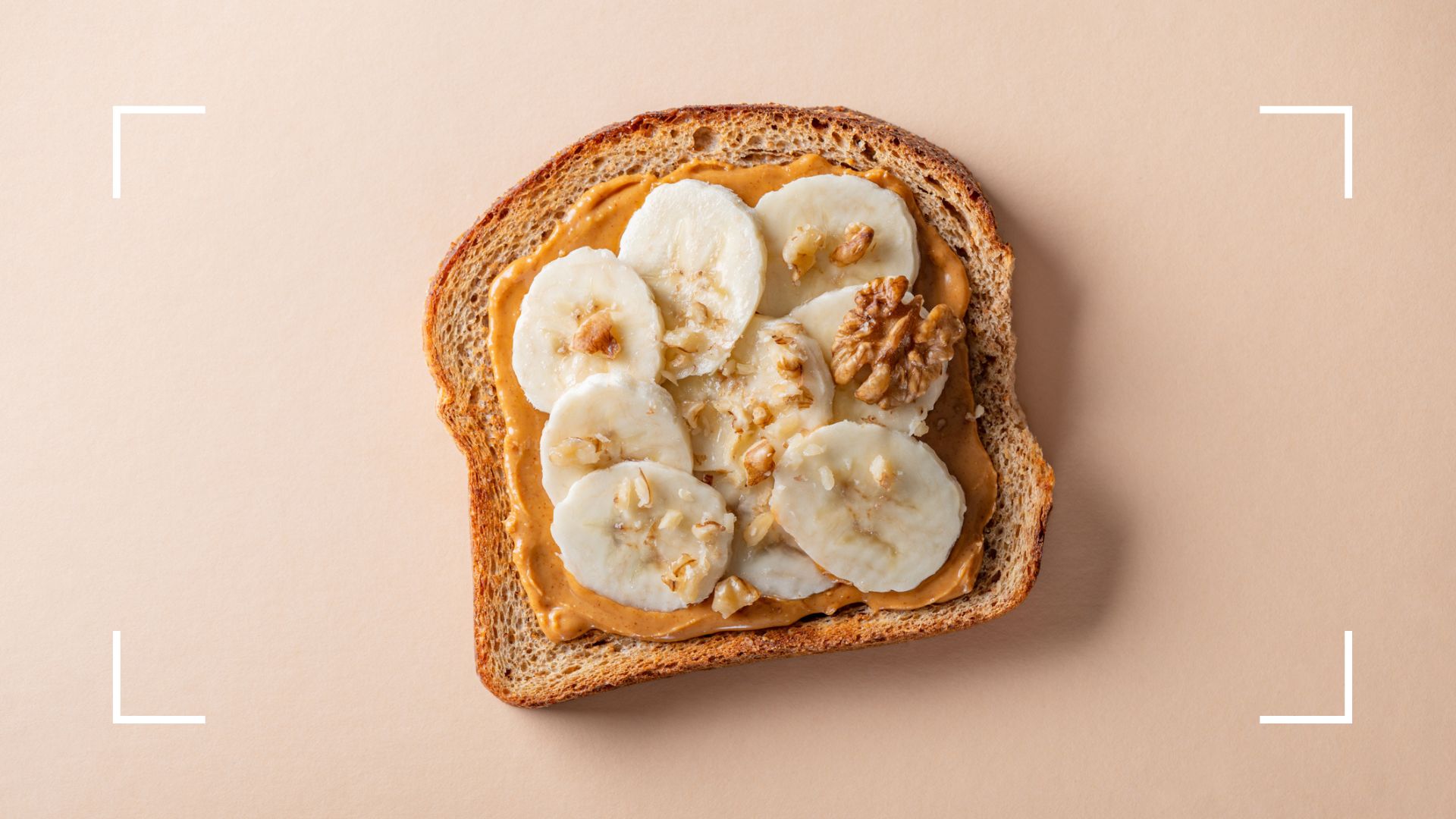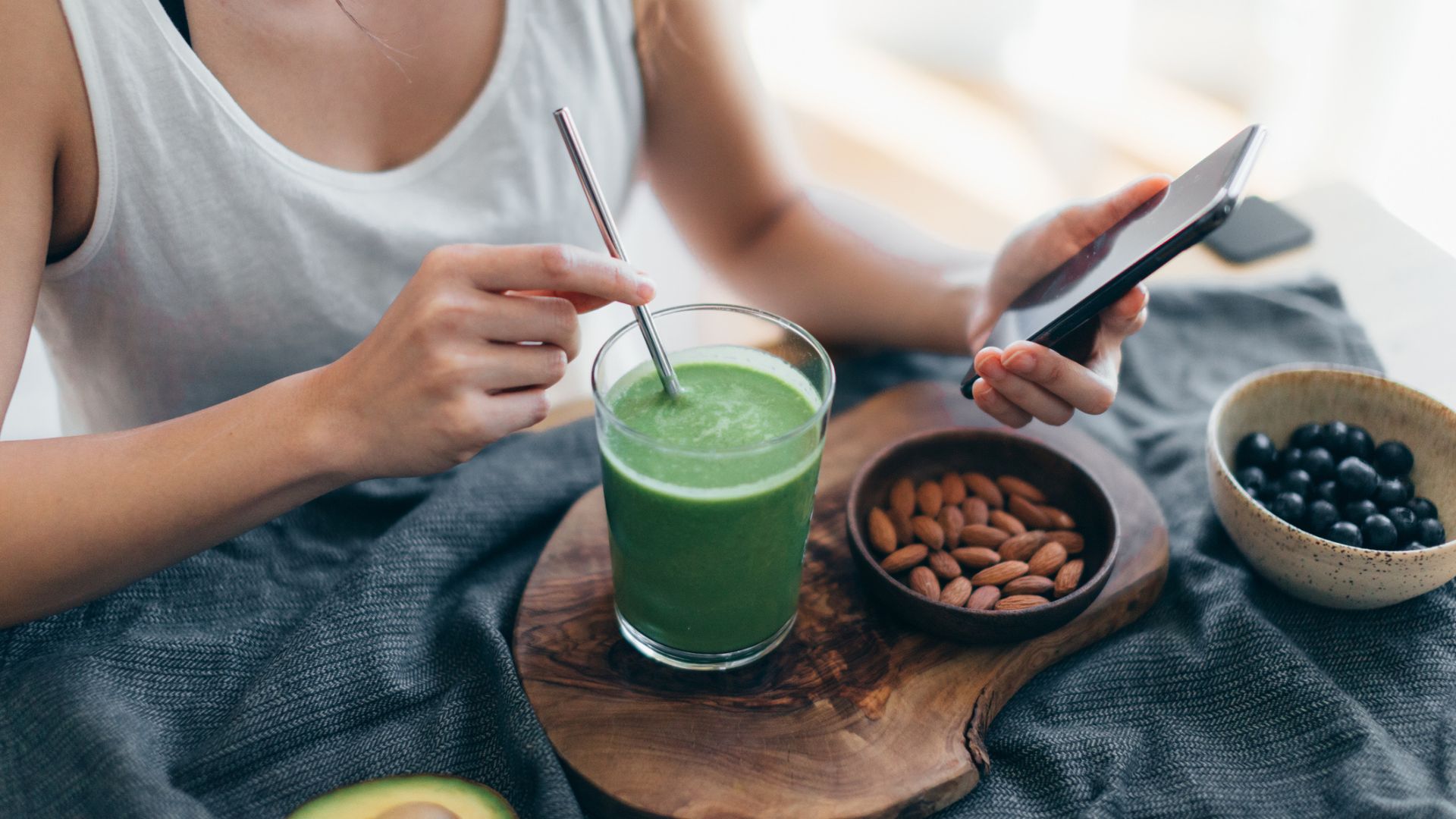Nutritionist reveals this is the worst time of day to snack - but what is the best?
85% of people enjoy snacking every day but working with your metabolism and body clock is key to getting the most from your food


Snacking is essential to get many people through the day but if you're looking to improve your health and get better sleep, it's important to get your timings right, a leading nutritionist has said.
Speaking on the ZOE podcast, Dr Sarah Berry said that around 35% of us are snacking at the worst time of day: after 6pm or very late in the evening, after 9pm. After this supposed cut-off point, "it has really unfavorable impacts on your health and there's lots of randomized control trials to support that."
She describes a study in association with Harvard Medical School where participants who ate later in the evening woke up hungrier than those who finished eating earlier in the day. They also experienced "unfavorable peaks and troughs" with their blood glucose levels as their digestive systems were working against their body clock overnight.
With 85% of us snacking between two to three times a day, per Dr Berry's research, it's clear we rely on quick pick-me-ups to keep us going. So, if it's a bad idea to be eating late at night, when should we be snacking? Here, woman&home speaks to an independent nutritionist on the best times of day to snack, gives us the lowdown on eating continuously, and explains why you should never go to bed hungry.
What time of day is best to snack?
There is no particular time that you should snack every day, says nutritionist Jenna Hope, but she agrees it's best to avoid snacking too late into the evening. As Dr Sarah Berry says on the podcast, eating later in the day can have a negative effect on both the body and mind.
The effect that impacts us most, Hope explains, is our ability to get a good night's sleep. "When we're trying to fall asleep, we require our core body temperature to fall," she explains, but our body temperature naturally raises when we digest food. "Consequently, this conflict in temperature may make falling asleep more challenging."
Snacking late in the evening can also cause digestive issues, a study by the University of South Australia suggests, including gas, bloating, acid reflux, and general stomach discomfort, which in turn also makes good quality sleep harder to find.
Sign up to our free daily email for the latest royal and entertainment news, interesting opinion, expert advice on styling and beauty trends, and no-nonsense guides to the health and wellness questions you want answered.
There is some research by the Salk Institute for Biological Studies in California that suggests snacking and generally eating more in the morning before lunch is best if you want to stay full throughout the day. The research explains that the circadian system (the body's internal clock, which includes the metabolism) is better at digesting, absorbing, and metabolizing food earlier in the day, and eating food high in protein at the start of the day has been found to decrease appetite in women. It's why experts suggest that some of the best foods for weight loss include those high in protein and low in calories.
However, there are many reasons why you might want or need to snack later in the day. Personal health factors, work, family, and social life all play a role in how often we eat. So, if you need to eat later in the day and then head to bed, the best idea is to find a middle ground.
"Where possible, try to finish eating around 2 hours before you go to bed and this should ensure you're not too hungry but not too full either," Hope says.

Can you snack throughout the day?
Yes, if you need to, there's no reason why you can't snack through the day - especially if time restrictions mean you have to skip a meal. It is worth bearing in mind though that snacking through the day will mean you're much more likely to eat less during meals you do have and consume more calories than you otherwise would do - which is not a problem unless you're looking to lose weight without dieting.
Also, it's possible that you'll miss out on some vital nutrients if you continuously snack through the day since it's unlikely to be fruits and vegetables you're snacking on to stay full. "Really importantly, in the UK and the US, 75% of the energy that's coming from snacks is coming from really unhealthy snacks, these ultra-processed [foods]," says Dr Sarah Berry on the podcast.
If you do need to snack through the day and into the evening, opt for some of the best high-protein, low-calorie foods, says Hope. This includes favorites such as:
- A handful of nuts
- Natural yogurt with cinnamon and berries
- Boiled eggs
- Overnight oats
- Wholemeal toast with peanut butter
Why you shouldn't go to bed hungry
The advice is clear: avoid snacking too late in the day. However, going to bed hungry is no one's idea of fun and an empty stomach can seriously impact your sleep quality too. "It’s important to find a middle ground between going to bed hungry and going to bed too full," says Hope. "If you're too hungry [before you go to sleep], you're likely to wake up more in the night and find it difficult to fall asleep."
A lack of sleep can then interfere with the way your brain perceives how hungry you are the following day. As research by the University of California shows, sleep regulates our appetite. Without enough of it, we can't properly control hunger hormones like ghrelin and leptin, increasing our appetite and desire for processed, high-sugar, and high-carbohydrate foods the following day.

Grace Walsh is woman&home's Health Channel Editor, working across the areas of fitness, nutrition, sleep, mental health, relationships, and sex. She is also a qualified fitness instructor. In 2025, she will be taking on her third marathon in Brighton, completing her first ultra marathon, and qualifying as a certified personal trainer and nutrition coach.
A digital journalist with over seven years experience as a writer and editor for UK publications, Grace has covered (almost) everything in the world of health and wellbeing with bylines in Cosmopolitan, Red, The i Paper, GoodtoKnow, and more.